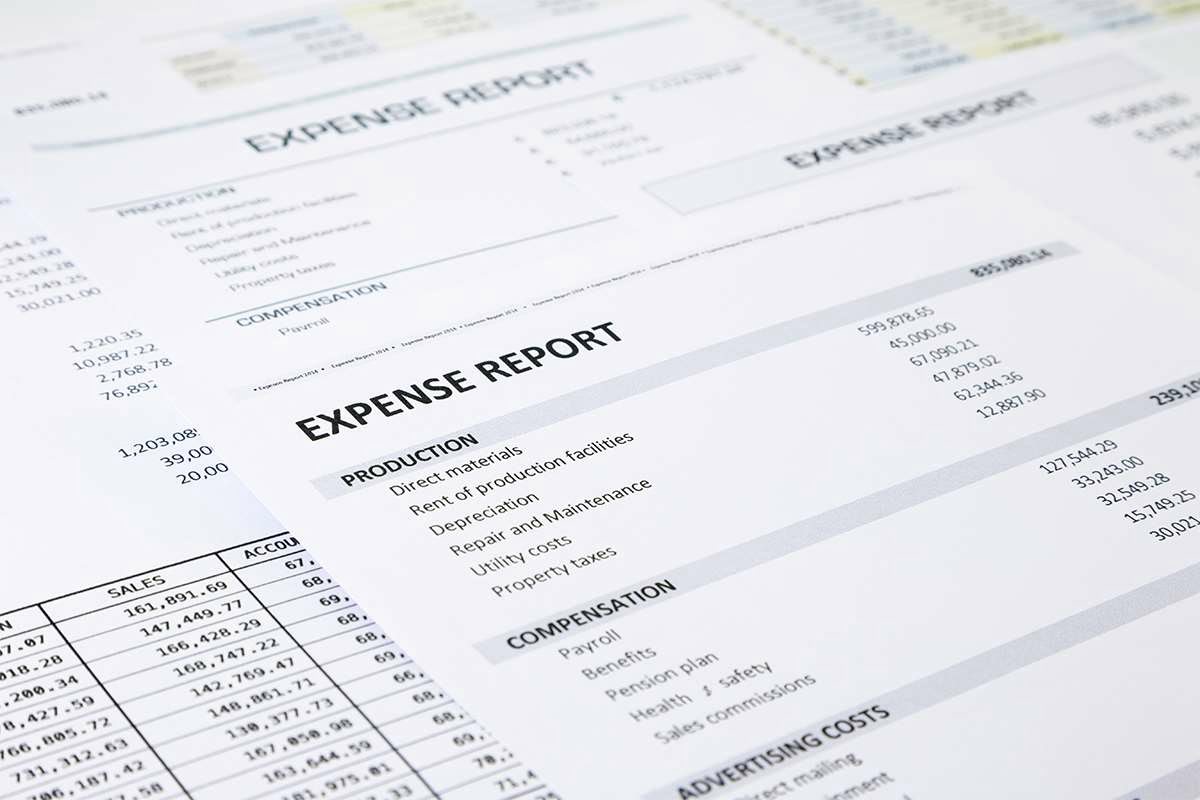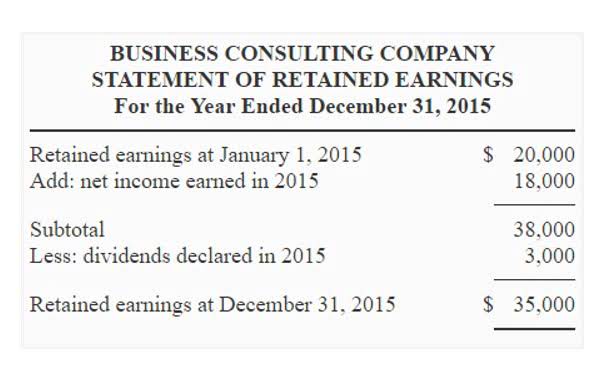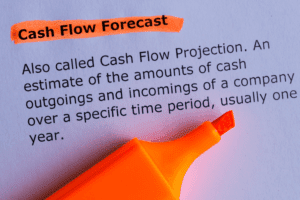
It’s particularly useful for small property management companies that prefer simplicity in their financial reporting. An accounting period is a specific time frame during which financial transactions and activities are recorded and reported. This period can be monthly, quarterly, or annually, and it helps property managers track income, expenses, and financial performance consistently. Programs like Excel, Numbers, Google Sheets, and OpenOffice can be used to create a basic real estate property bookkeeper bookkeeping system to track income and expenses. However, even with one rental property, keeping information updated manually can become tedious and it’s easy to have something fall through the cracks. To simplify tax compliance, maintain organized records throughout the year and work with a tax professional familiar with rental property accounting.

How To Do Rental Property Accounting and Bookkeeping
- Understanding the tax implications and adhering to the proper financial protocols are also integral components of a real estate bookkeeper’s role.
- Sending out rent statements as quickly as possible, getting tenants to pay on time, and waiting until the due date to pay vendors are three ways that real estate investors can improve cash flow.
- In fact, many landlords only utilize a professional tax advisor to file year-end returns.
- Having an accurate calculation of owner’s equity can help an investor to decide when the time is right to refinance a rental property mortgage.
- The real estate industry is subject to a myriad of regulations and tax laws that can be complex and ever-changing.
- We provide trusted, secure, and highly customized virtual bookkeeping services so that property managers have more time to scale and grow their business.
- Some even provide the ability to collect rent online and digitize and save receipts, which come in handy during tax season.
A Property Management Bookkeeper plays a crucial role in maintaining the financial health of real estate properties. They are responsible for preparing financial statements, tracking expenses, and ensuring compliance with relevant regulations. A property management bookkeeper plays a crucial role in the real estate industry by overseeing a wide range of financial and accounting responsibilities. This role encompasses the meticulous management of financial transactions, billing processes, and financial records contribution margin for residential, multifamily, and commercial real estate properties.
Allocate Maintenance and Repair Costs Appropriately
Even if your collections are up to date, there’s always going to be that one expense that you didn’t see coming. Instead of scrambling to come up with the cash to cover a last-minute purchase or even lost revenue from an owner who parted ways, keep a rainy-day fund. Look at your expenses over the previous year, especially the unexpected ones, and try to put aside enough money to cover similar costs for the year to come. Investing in energy-efficient upgrades or adopting preventive maintenance practices can lower these recurring costs and protect your bottom line.

#5: Manage Invoices and Receipts with Property Management Bookkeeping Services
- The days when everything connected with bookkeeping was done on paper are long gone.
- As you’ve probably gathered, rental property accounting has a lot of moving parts—but each one plays an important role in your success as a rental property owner.
- Property management bookkeeping involves recording and managing the financial transactions related to rental properties.
- For landlords, keeping accurate financial records isn’t just about staying organized—it’s about promoting profitability, reducing risks, and complying with tax laws.
- By leveraging these advanced practices, real estate businesses are well-positioned to enhance their competitive advantage in an ever-changing property market.
Reliable Real Estate Bookkeeping is predicated on the accuracy and completeness of financial documentation. It is the cornerstone that supports a transparent audit trail, critical for both internal review and regulatory scrutiny. Strategic planning is the cornerstone of any successful real estate business, and bookkeeping plays a vital role in this process. By maintaining well-organized books, real estate professionals can perform deep financial analyses to forecast future market trends, estimate cash flows, and set realistic budgets. This forward-thinking approach is essential for staying competitive and making proactive business decisions that align with long-term goals.

Maxim Liberty has been providing outsourced bookkeeping services to businesses and accounting firms in the USA and Canada since 2005. Bookkeepers play a crucial role in ensuring these reports are complete and accurate. Proper budgeting for maintenance ensures property managers are prepared for both routine upkeep and Record Keeping for Small Business unexpected repairs. Bookkeepers must document HOA payments and special assessments, ensuring they are made on time to avoid penalties. Any rules or fees imposed by the HOA must be documented in the books to ensure compliance and transparency.
Accounts Payable

The digital age has ushered in a new era of virtual bookkeeping, where the utilization of cloud-based accounting software such as XERO, QuickBooks, and MYOB, has become the norm. These advanced tools offer a plethora of benefits, including remote access to financial data, real-time updates, and the capacity for seamless collaboration among team members. The shift towards virtual bookkeeping has enabled real estate businesses to remain agile, ensuring that their financial operations are both efficient and accessible at any time, from anywhere in the world. A rental property accounting system like Stessa automatically tracks income and expenses and helps real estate investors to maximize revenue with personalized recommendations. Property management bookkeeping requires attention to detail, regulatory compliance, and strategic financial planning. By adopting best practices—such as automating processes, maintaining separate accounts, and properly managing security deposits—property managers can ensure the financial health of their properties.
- Automate reconciliation so you can generate accurate balance sheets, income statements, and rent rolls in real time.
- These days, property management software helps to track a multitude of things, such as security deposits and vacancy reports, and set reminders for important dates, such as the tax-filing season.
- Additionally, it provides transparency to property owners and helps comply with legal and tax obligations.
- Property owners often use software such as QuickBooks, Stessa, Buildium, or AppFolio for rental property bookkeeping.
- A Property Management Bookkeeper plays a crucial role in maintaining the financial health of real estate properties.
- If you have several rental properties, you will need to create a separate bank account for each of them.

This move could include making digital copies of your paperwork or scanning receipts after you buy a piece of hardware to install in one of the units in your apartment building. Keeping a solid track record of your expenses is one of the basic principles of successful bookkeeping. To do that, you will need a system that will help you to see the big picture and calculate how much money your properties generate compared to how much you spend on them. The reconciliation process ensures that the bank account balance in your real estate accounting system is the same as what the bank shows. Each time a transaction occurs, the income or expense is recorded under the appropriate category and account. A good real estate accounting system also allows details for each transaction to be entered, so that it is easy to understand what the transaction is for.






